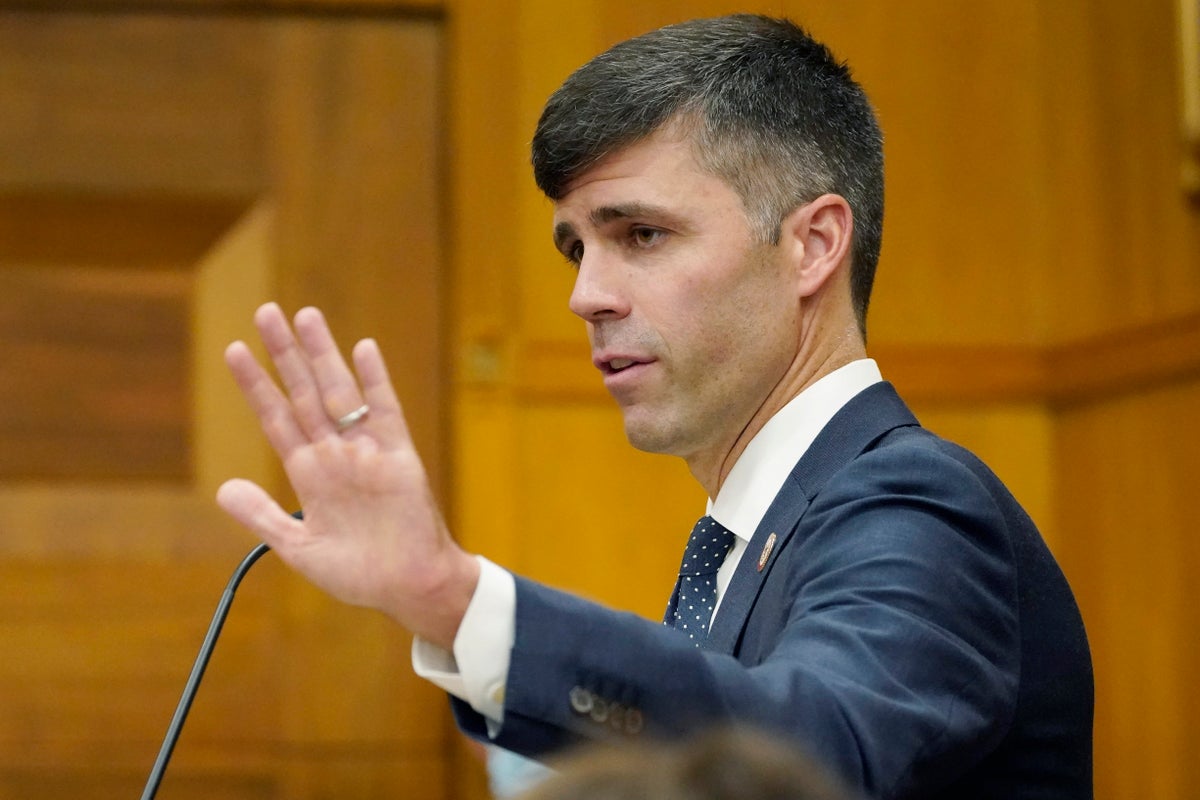
A federal appeals court has overturned a lower court ruling that found Mississippi relies too much on institutionalizing people with mental health conditions rather than providing care in their communities.
The decision came Wednesday from three judges on the conservative 5th U.S. Circuit Court of Appeals. They wrote that the federal government, which sued Mississippi, failed to prove that the state discriminated against people with mental health conditions in violation of the Americans with Disabilities Act.
The appeals court judges also wrote that a remedial order by U.S. District Judge Carlton Reeves, which sought to make changes in Mississippi's mental health system, "vastly exceeds the scope of claimed liability.”
Mississippi Attorney General Lynn Fitch's office argued that the appeals court should overturn the district judge's ruling. Republican Fitch applauded the ruling Wednesday, saying federal agencies have used the threat of lawsuits “to coerce Mississippi and other states into adopting their preferred policies and budget priorities.”
“This opinion is a good reminder to Washington that the people have the right to speak through their state elected leaders to set their own priorities,” Fitch said.
The federal government issued a letter in 2011 saying Mississippi had done too little to provide mental health services outside mental hospitals. The U.S. Justice Department sued Mississippi in 2016.
Reeves ruled in 2019 that Mississippi had violated the Americans with Disabilities Act by having inadequate resources in communities to treat people with mental illnesses.
Evidence showed people were repeatedly admitted to state hospitals for lengthy stays, only to later return to the hospitals without long-term improvement.
Reeves in 2021 approved funding for an independent monitor to collect and analyze data on how Mississippi’s mental health system is working to prevent unnecessary hospitalizations.
State attorneys say Mississippi has enacted programs that enable people to obtain treatment in their communities and avoid hospitalizations, such as mobile crisis teams, supportive housing and peer support services. Justice Department attorneys said those services need to be expanded, with measurements to ensure they are working.







